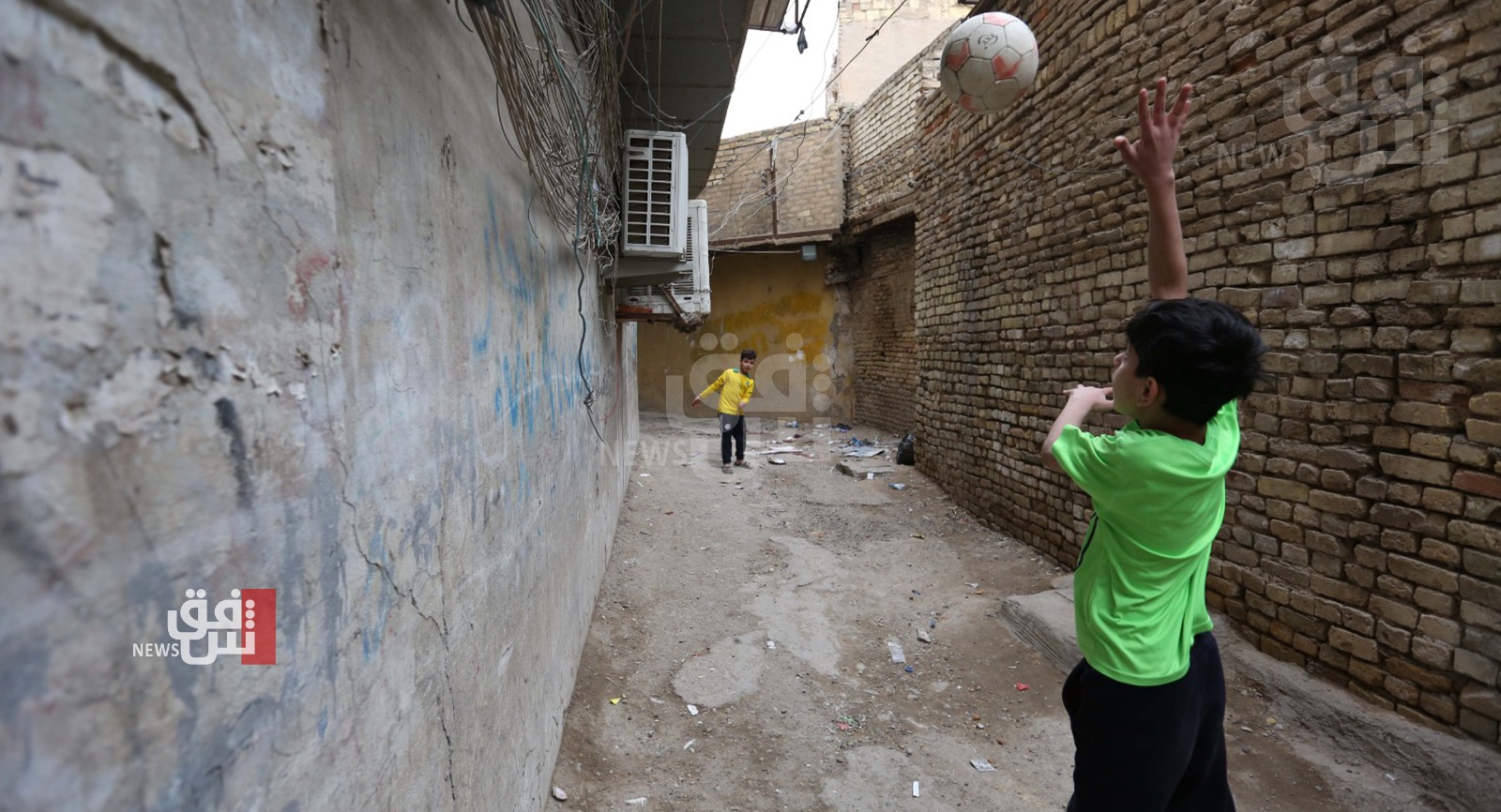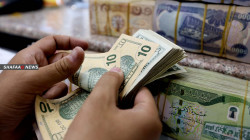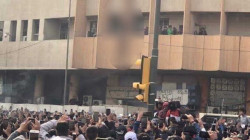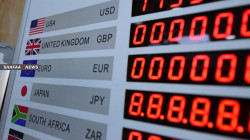Will the growing withdrawals snowball crash the early parliamentary elections in Iraq?

Shafaq News/ The stocks of the parliamentary elections sought to take place on October 10 is diving slowly and steadily as a growing snowball of boycotts and withdrawals is chasing the already-preterm polls into what seems to be doomed abortion.
Experts in electoral affairs believe that the withdrawal of some parties puts the elections to see the light as planned on October 10 at stake.
"The enactment of the new electoral law spurred a wave of reactions among political blocs. Some rejected it, and others demanded amendment," Aram Jalal, director of the Kurdish Electoral Institute, told Shafaq News agency, "these reactions stem from concerns about the outcomes of the polls and the subsequent aftershocks on the political map in Iraq. We will witness more withdrawals. Some Kurdish blocs will withdraw too. They are only waiting for someone to step forward."
"As we get closer to the elections, more parties will pull out to cushion the reverberations spawned during al-Kadhimi's era," he added.
"The picture is blurred at the moment. Will there be a huge voters turnout? Or it will be as poor as its predecessor [in 2018]," he continued, "major forces like the cabinet, the Americans, and the Marj'iah [the Supreme Shiite religious authority in Iraq] favor holding the elections as scheduled, while other forces on the political arena want a postponement. These forces will clash in the future."
On July 15, the Iraqi Shi'ite cleric Moqtada al-Sadr said he will not take part in elections in October and withdrew his support from the government.
"I inform you that I will not participate in these elections. The nation is more important than all of that," Sadr said, "I withdraw my hand from those who belong to this current government and the following one".
In a televised speech, Sadr said Iraq was being subjected to a "satanic regional scheme to humiliate the country and bring it to its knees".
"Watch out before Iraq's fate becomes like that of Syria, Afghanistan, or other states that have fallen victim to internal, regional, and international policies," he said.
One of the most influential figures in Iraq, Sadr led a political bloc that emerged as the biggest in the 2018 parliamentary election, with 54 seats in the 329 seat legislature, and his movement has big sway.
For Hawri Tawfiq, another expert in the Iraqi elections affairs, the givens lean towards putting off the polls.
"The demands of young demonstrators in Baghdad and southern governorates, the thousands of victims, martyrs, and injured citizens, and the security situation, among other factors, prompted many civilian activists to bow out from the active participation in the election for fear of being targeted and the failure of the government to protect them-- In addition to the lack of electoral justice and democratic atmosphere," he elaborated.
"The Withdrawal of the Sadrist movement, who has a significant popular mass, was followed by other parties. This is an early indicator for postponing the elections," he continued, "I do not believe that the withdrawals are a blow to al-Kadhimi's Government because the latter explicitly said he will run for the elections. The actual reason is concerns about the prospects of poor turnout, and consequently the failure to crystallize a new political entity that ends the cycle of repeating failures."
On July 24, the Iraqi Communist Party followed the Sadrist movement and withdrew from the electoral race. In a press conference attended by the head of the Iraqi Communist Party, Raed Fahmy, a spokesperson for the party, said, "under these complicated circumstances, talking about improving economic and living conditions is futile. Therefore, the elections will not affect the current condition."
"We decided to avert from participating in the elections scheduled for October 10," he continued, "the environment is not favorable for holding free and just elections in the presence of unrestrained arms and political money."
On July 28, the Iraqi Front for National Dialogue, led by former Deputy Prime Minister Saleh al-Mutlaq, became the third party to drop out from the Iraqi Parliamentary elections.
A statement of the Front said, "2018's elections were the worst with a very small turnout and too much rigging. The results of that elections did not represent the will of our people, and it led to further political deterioration and failure to build state institutions."
"The Iraqi people recognize the fact that the poor political situation of the country, failure to secure a safe environment for the elections, and the proliferation of arms confirm that no frank change will happen. For this conviction, the Front decided not to partake in this elections, and we will not contest with any candidate in any electoral district."
"The Front affirms its position that it is impossible to hold fair elections without ending the fraud factors, exemplified by arms and Political money."
A few hours later, the "Iraqi Tribune" joined the caravan of the parties withdrawing from the October parliamentary elections.
In a press conference held today in Baghdad, the vice president of the "Iraqi Tribune", Judge Wael Abdul Latif, said, "We, the Iraqi Tribune, announce our outspoken and frank stance of withdrawal and Boycotting the elections."
Abdul Latif anticipated "diminishing voters turnout" and "a council that is incompetent enough to cope with the tremendous challenges that will give birth to a week and vulnerable government."
The Tribune called on all the Iraqi parties, including the National Accord, to follow their steps and boycott the elections.
The Iraqi Front for National Dialogue, led by former Deputy Prime Minister Saleh al-Mutlaq, dropped out from the Iraqi Parliamentary elections scheduled to October 10 later this year.





